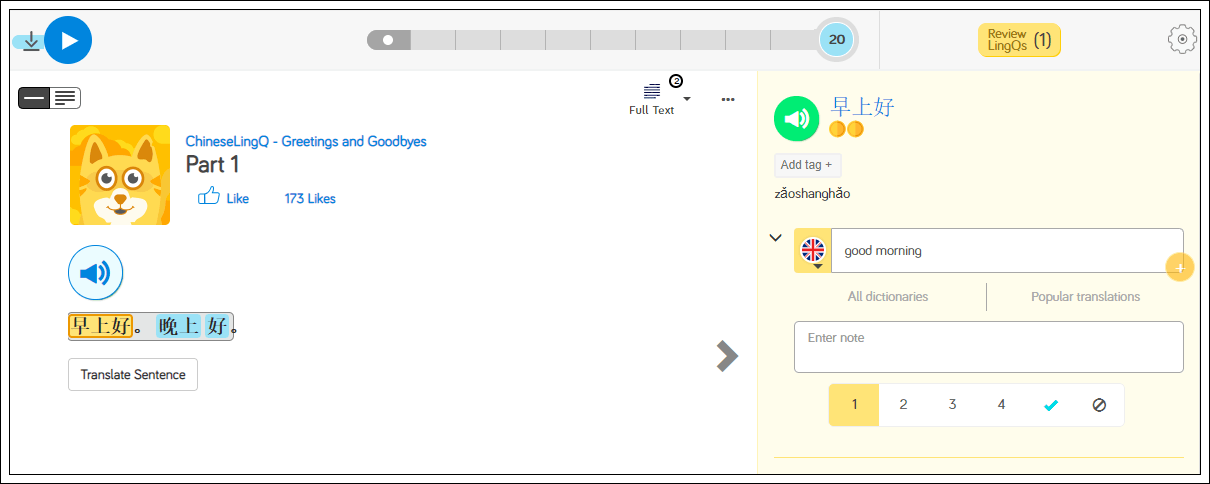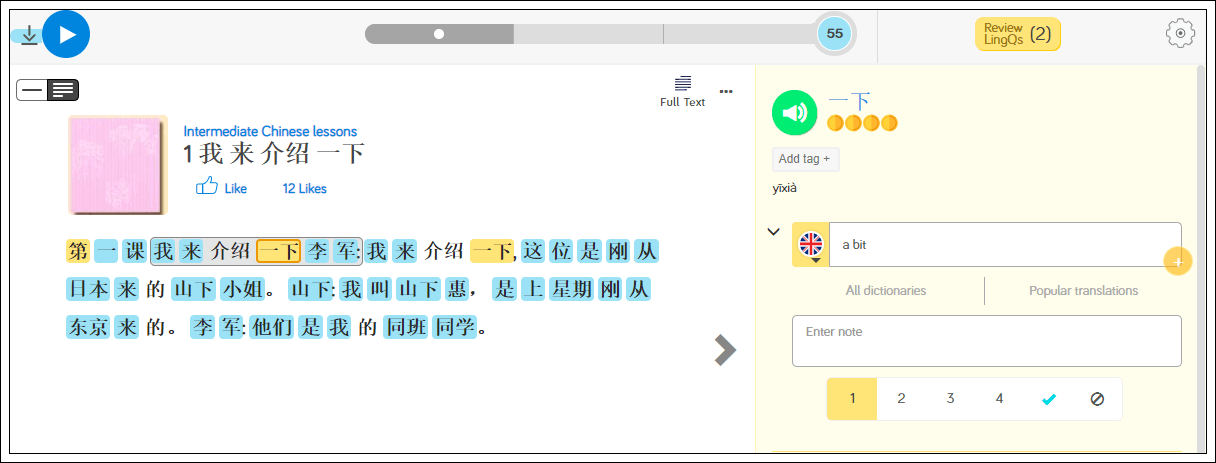7 Chinese Idioms Designed to Turn Heads
Learning Chinese is a journey spring-loaded with many twists and turns. There’s pinyin, hanzi, radicals and so much more behind this wonder of a language. However, one highlight I am going to introduce to you today is the concept of Chinese idioms. Idioms are tasteful expressions, that are used to convey a literal message figuratively, and they can be quite the head turner when used correctly.
In Chinese, many of the idioms are arranged in sequences of 4 hanzi characters. This structure allows for Chinese idioms to deliver a powerful impact while staying concise. And what’s not to like about sounding like a 21st Confucius?

When to Use Chinese Idioms
Idioms aren’t used like everyday run of the mill adjectives. Culturally, idioms are widely recognized, however they are used only when the perfect opportunity arises. Have you ever told a funny joke about a funeral, at the wrong time…at the funeral? It won’t end well. Nonetheless, idioms are a great way to express your cultural comprehension and intellectual wit.
Here are 7 Chinese idioms that are sure to keep the attention spans of your conversation partners.
爱不释手 (àibùshìshŏu)
This literally means, “a love that cannot part.” However, in a more figurative sense, it can be translated to mean “To love something so much that you can’t let go of it.”

守口如瓶 (shŏukŏurúpíng)
Okay, you’re going to laugh at this one. The characters read “protect, mouth, like, bottle”. Imagine a bottle cap that just won’t budge, even after you’ve tried everything there is in the book. Hot water, can openers, wine cork removers – you’re not going to get a single word out of this bottle.
Swish that image in your mind a little bit, and with a little creative power you get “To be tight-lipped”.

自由自在 (zìyóuzìzài)
As a free spirit, this one is honestly my favorite. It simply screams, “LIBERTY” from the top of its lungs. Reading from left to right the meanings are as follows Oneself, Reason, Oneself, Now.
This idiom’s equivalent in English would be “To be carefree”, and it really speaks for itself. Be freeeeeeee!

谈何容易 (tánhéróngyì)
This is a common expression of frustration, but no matter the language it’s always meant to be snarky way of telling somebody off.
Independently the characters mean, speak, what, form, ease. The thing that immediately came to mind when thinking about this for a second was “In what shape or form is this easy?” and “Easier said than done.”

爱人如己 (àirénrújǐ)
The golden rule ends up finding itself in just about all languages. It is a piece of wisdom that was lasted through a millennium of test and trial. The idiom translates into “Love people as if they were yourself.” Or in the words, “Do as to others as you would have them do unto you.”

心血来潮 (xīnxiĕláicháo)
Literally the characters read “heart”, “blood”, “come”, and “soak”. So, what happens when blood rushes to the heart? Well for one, you’re able to stay alive, but in a more figurative meaning, this Chinese idiom means “In a moment’s notice. “or “Suddenly, without notice.”

夜深人静 (yè shēn rén jìng)
This idiom is a bit ominous, but nonetheless, it’s pretty darn cool. The characters are “night”, “deep”, “people”, quiet”.
It translates as “In the dead of night.” If you’re feeling super creative you can even make it out to be “deafening darkness”.

Chinese content on LingQ
Chinese idioms can make your experience with the language a lot more insightful. Besides sounding clever and sharp-tongued, you’ll begin to notice an increasing number of recurring patterns throughout the written and the language.
However, if you want to really get a good grasp of Chinese, then you’ll need absorb a lot of good content.
LingQ has thousands of hours of content, including stories and short dialogues in Chinese (Mandarin and Cantonese).
From beginner level greetings:

To advanced stories:

Best of all, if you’re unable to find content that suites you, you can import content from the web. Things like podcasts, YouTube videos, and much more!

Listen, read, and watch your favorite Chinese content in one platform. You can also study anytime, anywhere thanks to LingQ’s mobile app.
By reading compelling content on a daily basis, your Chinese language skills will grow and you’ll be on the right track to becoming conversational (or even fluent). Check out LingQ to discover how to learn Chinese from content you love! Good luck!
***
Kiandro has a B.A in Asian Studies and enjoys studying foreign languages. He’s proficient in Japanese and currently has Chinese, Spanish, Swahili and Esperanto on his plate. YUMMMM!

